When it comes to weight loss, exercise alone would not get you the results you are looking for. Proper fitness nutrition is the key to shedding those extra pounds and maintaining a healthy lifestyle. Whether you are a fitness enthusiast, someone seeking to lose weight, or simply a health-conscious individual, understanding how to fuel your body is essential.

Why Nutrition Matters in Weight Loss and The Basics of Fitness Nutrition for Weight Loss
While exercise helps burn calories, nutrition determines the quality of those calories. Eating the right foods can enhance your workouts, speed up recovery, and ultimately help you lose weight more effectively. To achieve weight loss through nutrition, focus on the following principles: 1. Balanced Diet: * Incorporate a mix of protein, carbohydrates, and fats into every meal. * Ensure you are getting enough vitamins and minerals from a variety of fruits and vegetables. 2. Caloric Deficit: * Consume fewer calories than your body needs to maintain its current weight. * Track your caloric intake using apps like MyFitnessPal to ensure accuracy. 3. Hydration: * Drink plenty of water throughout the day to stay hydrated and aid digestion. * Avoid sugary drinks and excess caffeine. 4. Meal Timing: * Eat small, frequent meals to keep your metabolism active. * Avoid skipping meals, which can lead to overeating later.
Key Nutrients for Weight Loss and Foods to Avoid
While exercise helps burn calories, nutrition determines the quality of those calories. Eating the right foods can enhance your workouts, speed up recovery, and ultimately help you lose weight more effectively. To achieve weight loss through nutrition, focus on the following principles: 1. Balanced Diet: * Incorporate a mix of protein, carbohydrates, and fats into every meal. * Ensure you are getting enough vitamins and minerals from a variety of fruits and vegetables. 2. Caloric Deficit: * Consume fewer calories than your body needs to maintain its current weight. * Track your caloric intake using apps like MyFitnessPal to ensure accuracy. 3. Hydration: * Drink plenty of water throughout the day to stay hydrated and aid digestion. * Avoid sugary drinks and excess caffeine. 4. Meal Timing: * Eat small, frequent meals to keep your metabolism active. * Avoid skipping meals, which can lead to overeating later. Key Nutrients for Weight Loss and Foods to Avoid Foods to Avoid Certain nutrients play a pivotal role in aiding weight loss: * Protein: * Helps build and repair muscle tissue. * Keeps you feeling fuller for longer, reducing overall calorie intake. * Sources include lean meats, fish, eggs, legumes, and dairy products. * Fiber: * Aids in digestion and helps maintain bowel health. * Keeps you feeling full and reduces calorie absorption. * Found in whole grains, fruits, vegetables, and legumes. * Healthy Fats: * Essential for brain health and hormone production. * Helps in absorbing fat-soluble vitamins like A, D, E, and K. * Sources include avocados, nuts, seeds, and olive oil. * Carbohydrates: * Provide energy for workouts. * Focus on complex carbs like whole grains, sweet potatoes, and legumes. While certain foods can support your weight loss goals, others can hinder progress: * Processed Foods: * Often high in unhealthy fats, sugars, and sodium. * Linked to inflammation and weight gain. * Sugary Snacks and Beverages: * High in empty calories that offer little to no nutritional value. * Can spike blood sugar levels and lead to cravings. * Refined Carbs: * Found in white bread, pastries, and certain cereals. * Lack fiber and can lead to overeating.
Sample Meal Plan for Weight Loss
Here is a simple meal plan to get you started: * Breakfast: * Greek yogurt with berries and a sprinkle of chia seeds. * Whole grain toast with avocado and a poached egg. * Mid-Morning Snack: * A handful of nuts and an apple. * Lunch: * Grilled chicken salad with mixed greens, cherry tomatoes, cucumbers, and a vinaigrette dressing. * Afternoon Snack: * Carrot sticks with hummus. * Dinner: * Baked salmon with quinoa and steamed broccoli. * Evening Snack: * Cottage cheese with pineapple chunks.
The Role of Supplements and Common Misconceptions About Fitness Nutrition
While a balanced diet should provide most of your nutritional needs, supplements can sometimes help fill gaps: * Multivitamins: * Ensure you are getting all essential vitamins and minerals. * Protein Powder: * Convenient way to boost protein intake, especially post-workout. * Omega-3 Fatty Acids: * Supports heart health and reduces inflammation. There are many myths surrounding fitness nutrition. Here are a few debunked: * Carbs Are Bad: * Not all carbs are equal. Complex carbs are essential for energy. * Fat Makes You Fat: * Healthy fats are crucial for bodily functions and can aid in weight loss. * Skipping Meals Helps Lose Weight: * Skipping meals can slow metabolism and lead to overeating.
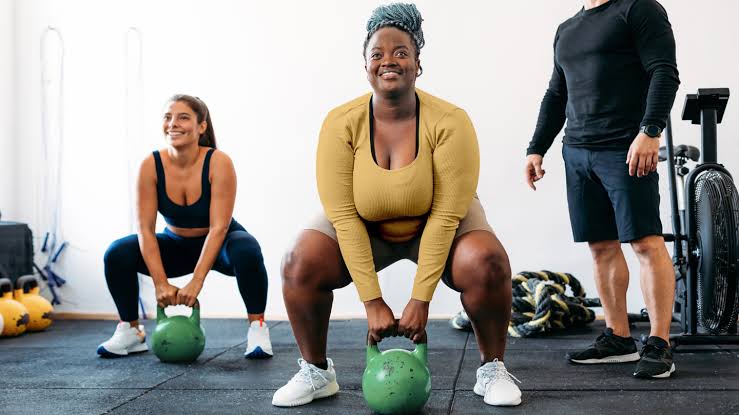
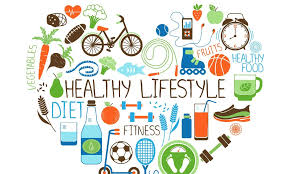
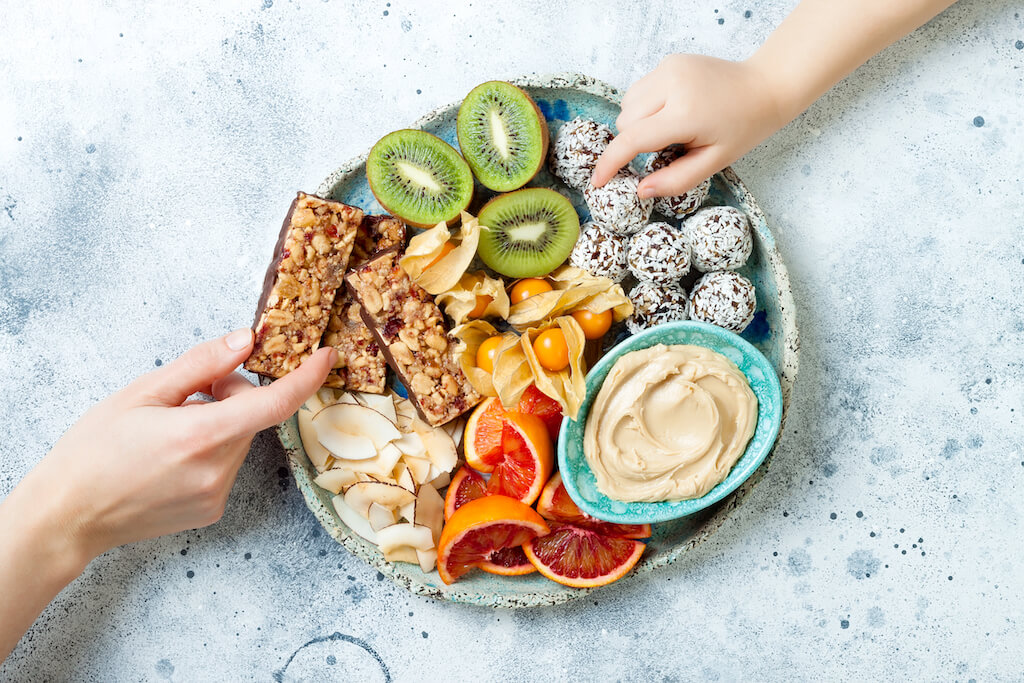

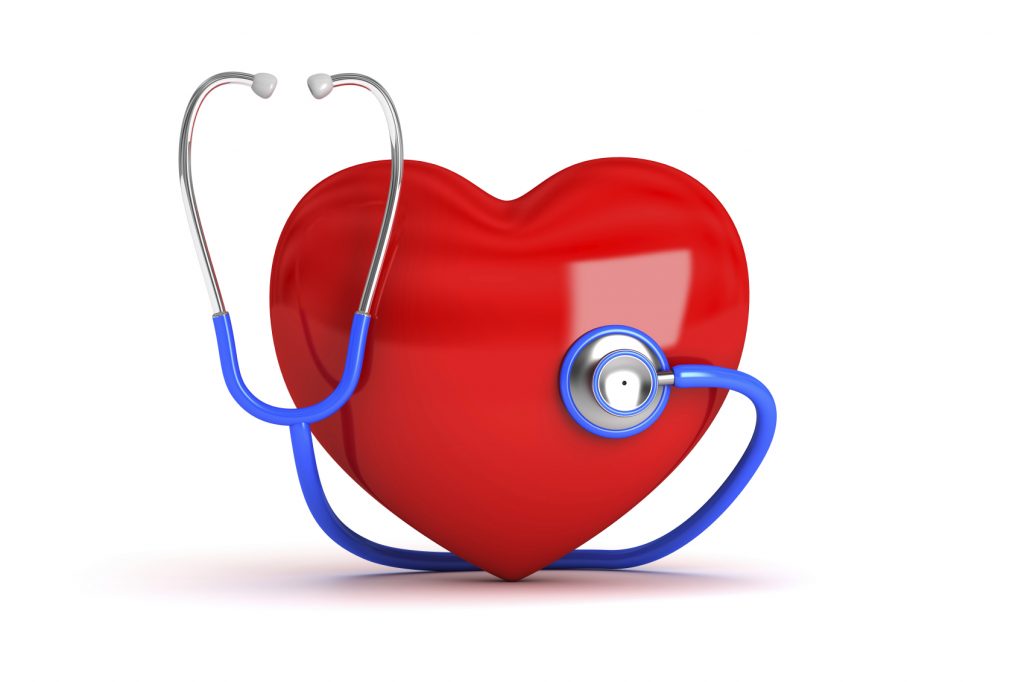



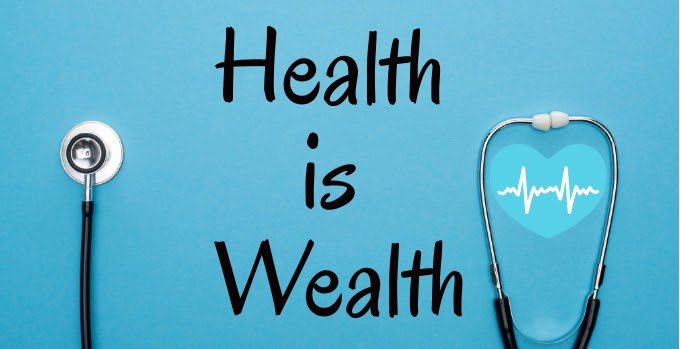

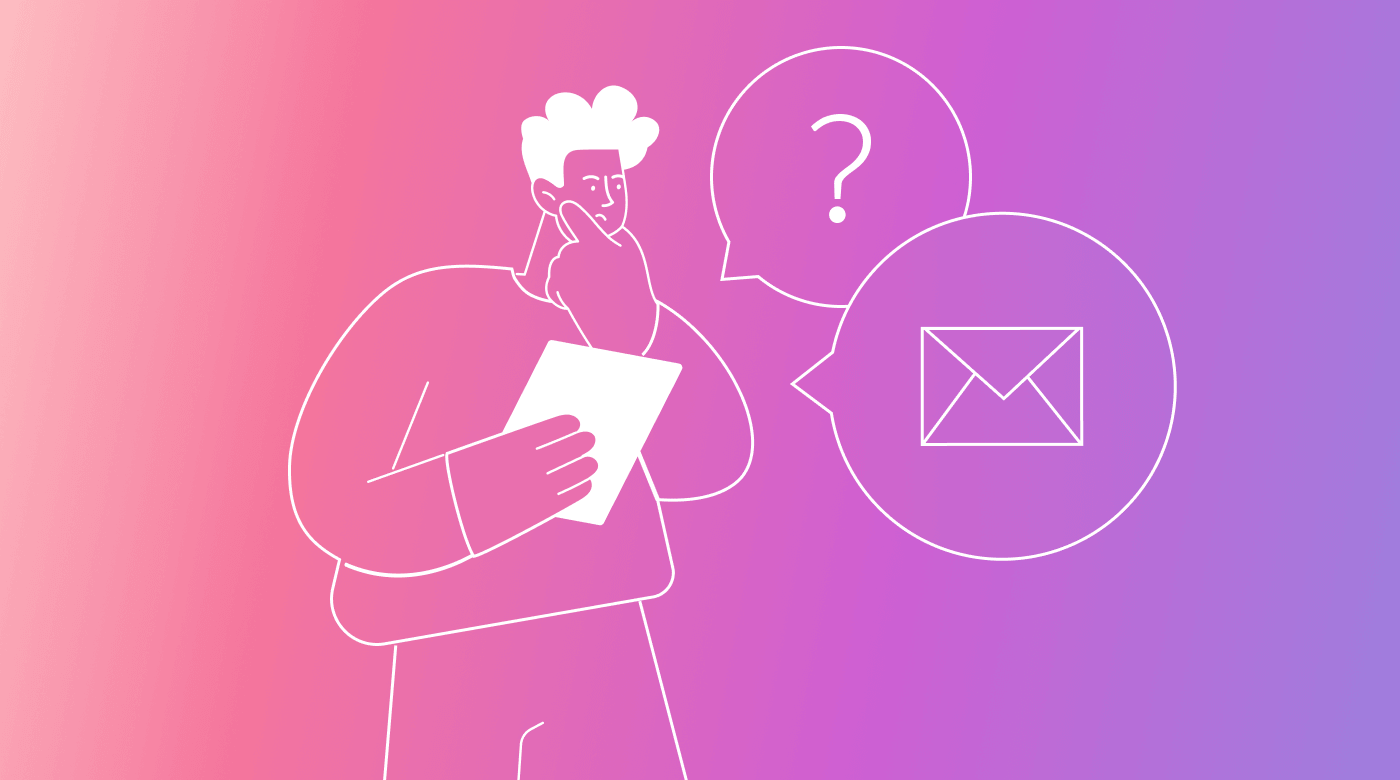
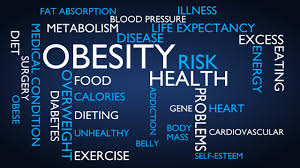
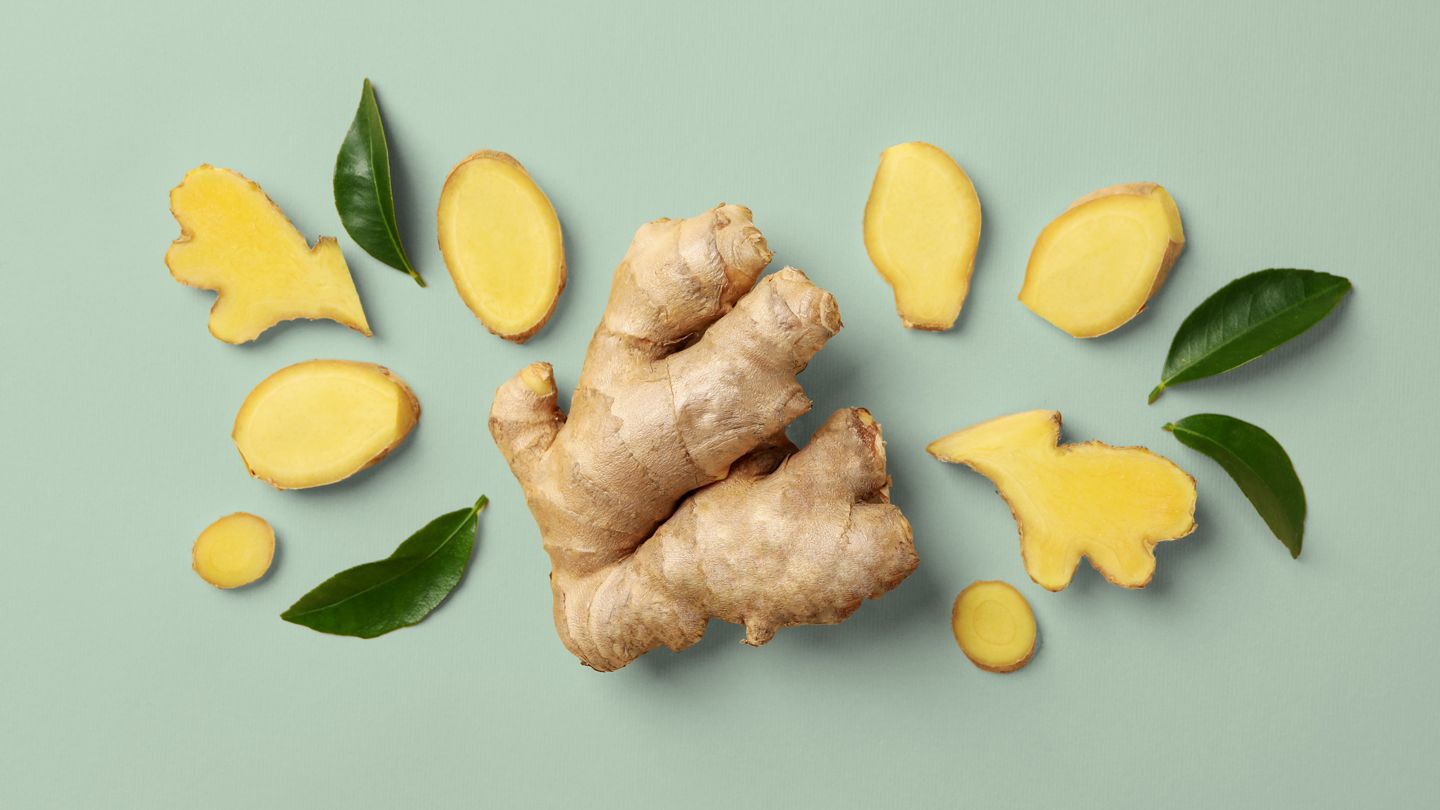

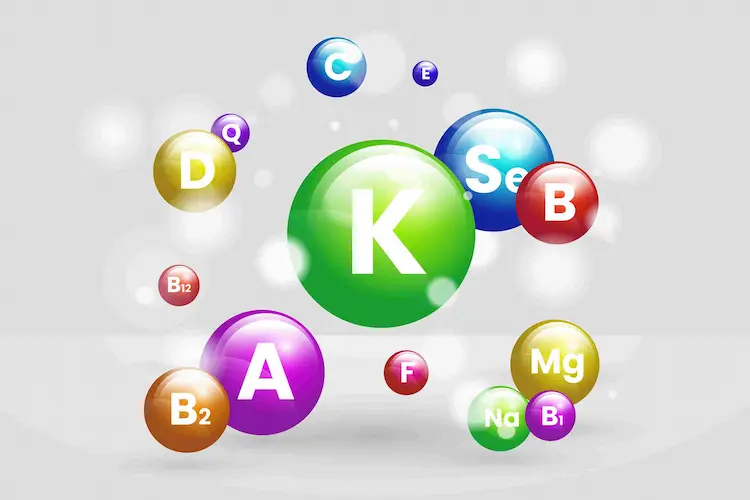
Angola Vanzetto
Interesting
Vashu K
Good details